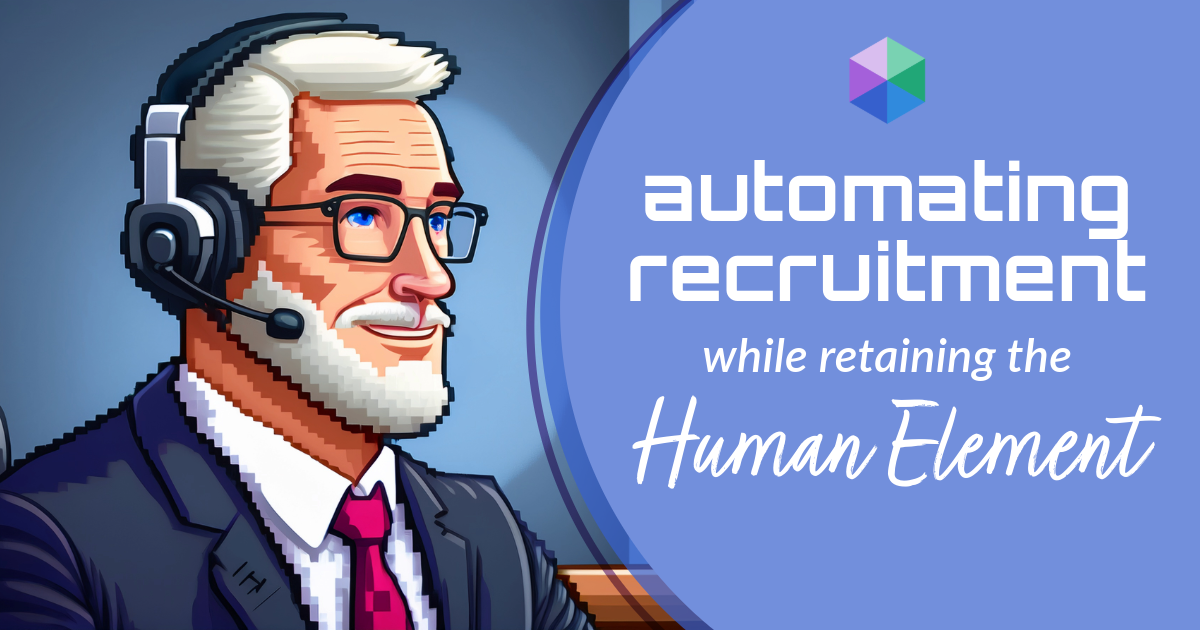The most recent unemployment rate, according to the U.S. Bureau of Labor Statistics, is 8.2%. Yet, that number is higher for veterans.
In the article, “Veteran-Friendly Job Resources to Ease Vets Back into Job Market,” writer and human resources consultant Deborah S. Hildebrand notes that the Bureau of Labor Statistics (BLS)
Unfortunately, the unemployment rate in 2010 for veterans who have served since September 2001 was at 11.7%, while the August 1, 2011 TIME.com article, “More Young Veterans Jobless,” put the current unemployment rate for veterans at around 13%. Both numbers exceed the current national average of 9.2%
The experts say that the most likely reason is that many companies don’t make the connection between military experience and recruiting candidates for their open positions.
Granted, much of the problem has to do with how veterans view themselves. When they develop their resume, they often use military acronyms and a government formatted resume that is foreign to private human resources professionals and hiring managers. Veterans need to learn how to translate their years of experience and skills into the right words.
Beyond that, employers need to rethink how they look at the men and women who served this country. Defense contractors, for instance, often hire veterans with security clearances who can work on top-secret projects.
For other employers who are not as sure about recruiting veterans, there are tax benefits as well as government funding for training and worker relocation, such as VOW to Hire Heroes Act of 2011.
This initiative made changes to the Work Opportunity Tax Credit (WOTC) by adding two new categories. It allows for-profit employers to claim a credit of up to $9,600 for qualified veterans who begin work before January 1, 2013 or up to $6,240 for qualified tax-exempt organizations. For more information, visit the IRS website.
Additionally, the Employer Assistance and Resource Network (EARN) offers resources to assist employers in hiring veterans including a Veteran’s Hiring Tool Kit and no-cost consultation and technical assistance.

The job of recruiting in 2025 is, to put it mildly, complex. Of course, you’ve still got the classic struggles of juggling open roles (many, if you’re lucky!), engaging with a constant stream of jobseekers, and striving to build lasting relationships with your clients. However, the modern recruiter also has to balance the need for efficiency and competitiveness with the fundamental human connections that underpin successful placements.
Read more
On Wednesday, April 2 our partner Quil will be co-hosting a webinar with us about their PCR integrated note-taking AI for recruiting teams. Register now!
Read more
PCR joins partners at CarbonWeb on March 5th at 1 PM EST for an exclusive webinar about the power of transparent pipeline data and how it can transform your recruiting efforts and increase your placements.
Read moreFind out more about who we and what we do.